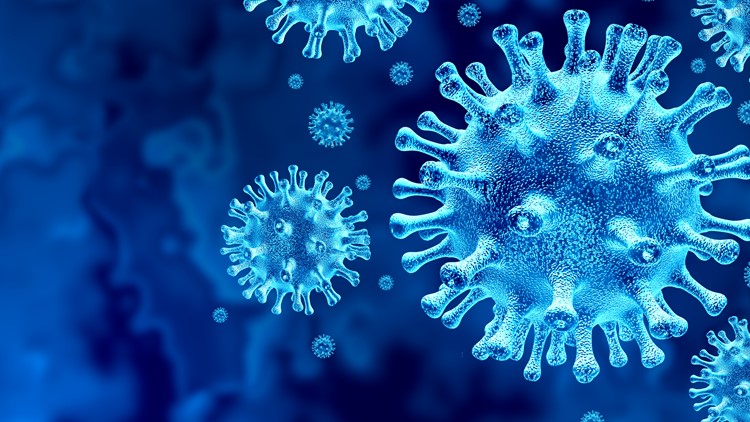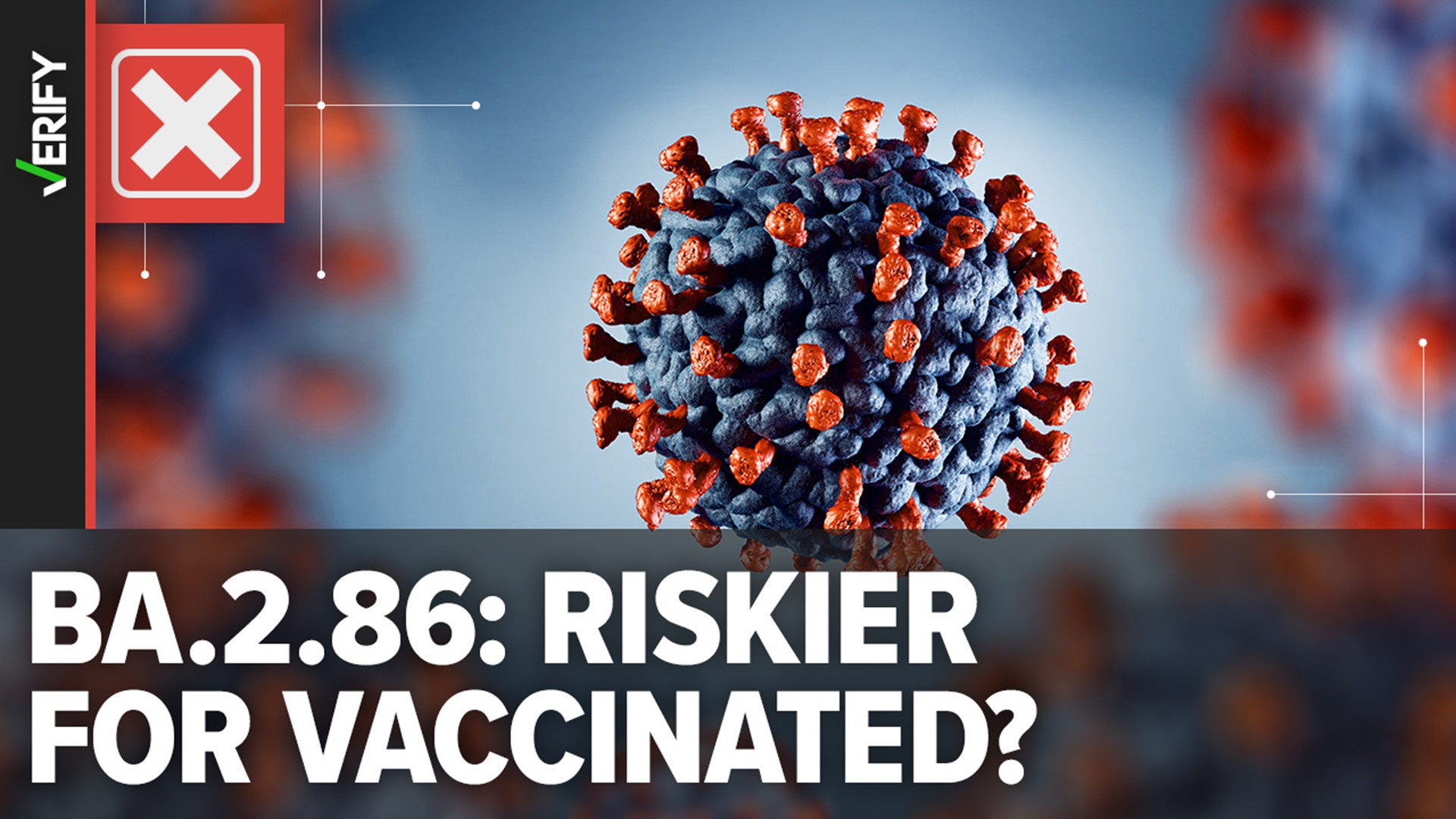MINNEAPOLIS — A new study led by the University of Minnesota could help doctors and scientists understand how to protect immunocompromised people from COVID-19.
The study will be led by Dr. Amy Karger, an associate professor of laboratory medicine and pathology at the U of M Medical School. Karger and her team will lead an arm of the national study that looks at immune responses to the COVID-19 vaccine in people with healthy immune systems, and compares them to those with immunocompromised systems. The people in that second group could be immunocompromised due to HIV, cancer therapies or a recent organ or hematopoietic stem cell transplant.
The study will follow participants for two years, analyzing blood draws and mucosal swabs periodically. The U of M and three other national sites hope to enroll 2,000 people in total.
“This study will help us understand which populations of immunocompromised patients may still be at risk for COVID-19 infection after vaccination due to a poor immune response to the vaccine,” Karger said in a statement on Monday. “That is important not only for counseling patients to maintain strict masking and social-distancing, but our data may also inform future approaches for improving sub-optimal immune responses, such as additional booster shots.”
The national study is sponsored by the Serological Sciences Network (SERONET). They have designated the U of M Medical School as one of four national Capacity Building Centers to work with the National Cancer Institute in getting serological COVID tests to the public and improving the understanding of the immune response to COVID.
Anyone interested in participating in the study can visit seronet.umn.edu to learn more. People who are already patients at M Health Fairview will be given priority because of the ease of patient record access.



